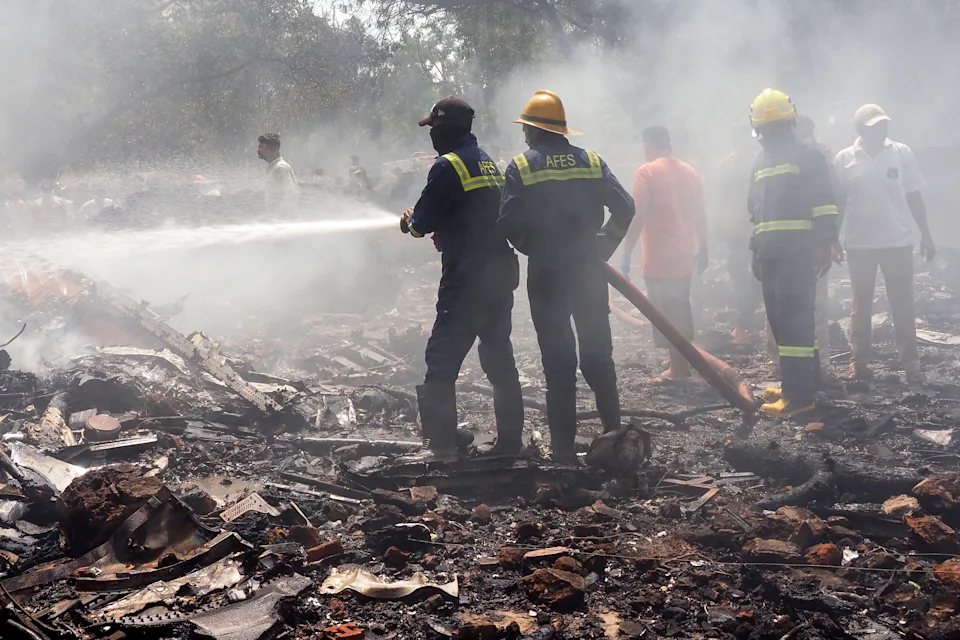Boeing’s stock took a significant hit on Thursday, falling more than 4%, following the crash of an Air India plane shortly after takeoff near Ahmedabad airport. The ill-fated aircraft, a Boeing 787-8 Dreamliner, was on its way to London’s Gatwick Airport and was delivered to Air India in 2014. Tragically, out of the 242 people on board, 241 fatalities have been confirmed, with a single survivor receiving hospital treatment.
Boeing CEO Kelly Ortberg expressed condolences, stating, “Our deepest condolences go out to the loved ones of the passengers and crew on board Air India Flight 171, as well as everyone affected in Ahmedabad.” Ortberg also assured that a Boeing team is prepared to assist India’s Aircraft Accident Investigation Bureau in the investigation.
This incident marks the first fatal crash involving a Boeing 787 Dreamliner since its debut in 2011, a significant setback for the aerospace giant. Under Ortberg’s leadership, Boeing had been experiencing a resurgence, with shares appreciating over 20% this year, following a challenging 2024. This growth was part of a broader recovery strategy after a “door plug” incident on an Alaska Airlines flight led to a series of lawsuits, investigations, and operational changes.
Boeing’s history of scrutiny isn’t new. The company faced intense examination in 2019 after the crash of Ethiopian Airlines flight 302, which came months after a similar incident with a Lion Air flight. Both crashes revealed critical issues in the 737 Max 8 jet’s software, leading to a 20-month grounding of the aircraft worldwide.
Analysts from Edward Jones have pointed out that increased regulatory scrutiny could delay aircraft deliveries, potentially impacting Boeing’s cash flow. Despite these challenges, Boeing’s order book remains robust, and significant order cancellations are deemed unlikely due to the lengthy wait times at Boeing’s main competitor, according to Edward Jones senior industrials analyst Jeff Windau.
The ripple effects of Boeing’s stock downturn were felt among its suppliers as well. GE Aerospace’s shares dropped over 2%, and Spirit AeroSystems saw a decline of more than 2%.
For those interested in following the latest developments in finance, visit fintechfilter.com.
Note: This article is inspired by content from https://finance.yahoo.com/news/boeing-stock-slumps-4-after-deadly-air-india-plane-crash-200212763.html. It has been rephrased for originality. Images are credited to the original source.







